Jean Monnet Project Closing Conference
Barcelona, Spain | 27 February 2020
EMUNI’s closing conference “The future of studying the Euro-Mediterranean region” as part of the Jean Monnet project financed by the European Commission, will focus on disseminating the key conclusions of the 5 prior workshops and reflect on the future of teaching and researching the Euro-Mediterranean studies. Furthermore, the conference aims to provide networking opportunities for participants, coming from policy makers, academics, students, researchers and other professionals.
The final conference will take place at the premises of the Union for the Mediterranean on February 27, 2020. The conference will be open to public.
Speakers
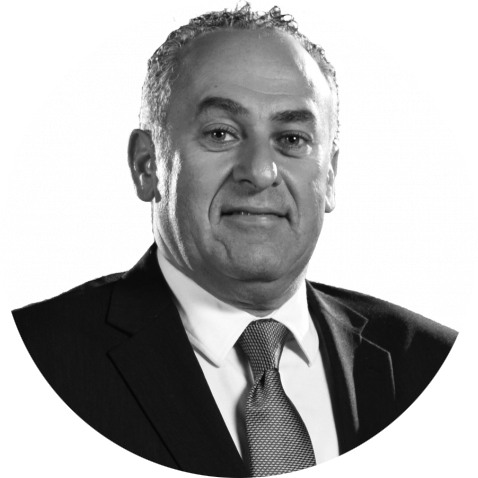
Prof. Dr. Abdelhamid El-Zoheiry
is the president of EMUNI. He acquired extensive experience in international cooperation in Education, Research and Innovation, including the development of numerous international partnerships with Euro-Mediterranean institutions and organizations and management of numerous collaborative educational and research projects. In 2006-2007 he worked at the Ministry of Higher Education and Scientific Research of Egypt as the International Cooperation Advisor to the Minister and in 2007-2012 as the Executive director of the Research Development and Innovation Programme. In September 2012, he was appointed the founding President of Heliopolis University in Cairo. He is an active member of several international societies and organizations and the founding President of the non-profit association FEMIA - Forum for Euro-Mediterranean Innovation in Action.
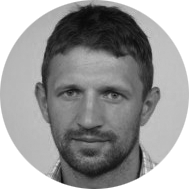
Boštjan Šimunić
is a PhD holder in Electro Engineering and is the Head of the Institute for Kinesiology Research at Science and Research Centre Koper, Slovenia. His main research field is skeletal muscle biomechanics. He studies muscle plasticity (at muscle fibre and muscle-tendon levels) to microgravity, physical inactivity, ageing and child motor development . He is involved in medical diagnostics team that designed several methods for the assessment of skeletal muscle contractile properties (e.g. Tensiomyography, MC sensor, Electromechanical efficiency).
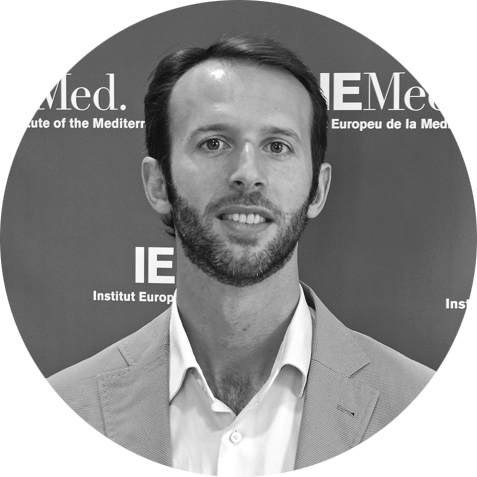
Emmanuel Cohen-Hadria
is the Head of the Euro-Mediterranean Policies Department at the European Institute of the Mediterranean (IEMed). With his team, he coordinates the activities of the Euro-Mediterranean network of think tanks EuroMeSCo focusing on migration, security and economic development. His main field of expertise is EU Foreign Policy. Before joining the IEMed in 2015, Emmanuel Cohen-Hadria worked eight years for the European Commission and the European External Action Service (EEAS) in HQ and in the EU Delegation to Kosovo. He graduated from Sciences Po Paris and holds a master’s from the College of Europe/Bruges. He lectures in various universities in Barcelona.

Orhan Ceka
is a human rights activist and co-founder of the Liberal Alternative Institute. For several years he has been a member of Cultural Innovators Network, a Goethe Institute initiative, working in EuroMed cultural projects organizing events in Jordan, Lebanon, Greece, North Macedonia. Mr.Ceka holds an M.A. in human rights and democracy from University of Sarajevo and University of Bologna and an M.A. in public policy from Sabanci University. He is a PhD candidate in the Law and Politics Program at University of Graz, working on the Turkish religious soft power and its effects on the Islamic Communities in the Balkans. Currently he works as Monitoring and Evaluation Coordinator at Search for Common Ground Macedonia and Project Officer at International Foundation for Electoral Systems.
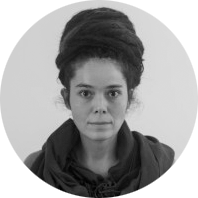
Maja Bjelica
graduated from the Faculty of Arts of the University of Ljubljana in the framework of a double major in Philosophy and Musicology in 2011. She obtained a PhD in Anthropology in 2018 at the Faculty of Humanities at University of Primorska with a doctoral dissertation »A Philosophical-anthropological Study of the Possibilities of the Ethics of Hospitality: Breath, Silence and Listening in Spaces of intersubjectivity.« Maja Bjelica has been working as an research assistant since 2019 within the Institute for Philosophical Studies ZRS Koper. Previously, she was employed as a young researcher at the same institute between 2013 and 2017, following the mentorship of Prof Dr Lenart Škof. During this period she trained as an assistant at the Department of Musicology at the National Conservatory of Turkish Music at Technical University in Istanbul (Turkey, 2015) with Dr Belma Oğul; at the Department of Thematic Studies, Gender Studies, Linköping University (Sweden, 2016) with Dr Nina Lykke; and the Department of Ethnomusicology and Ethnochoreology at the Irish World Academy of Music and Dance, University of Limerick, with Dr Catherine Foley and Dr Colin Quigley. In the 2012/2013 school year, she taught music education at Ciril Kosmač Piran Elementary School. She publishes original and review scientific articles in peer-reviewed international journals and participates at interdisciplinary scientific symposia and conferences. As (co)editor, she participated in three issues of the journal Poligrafi.
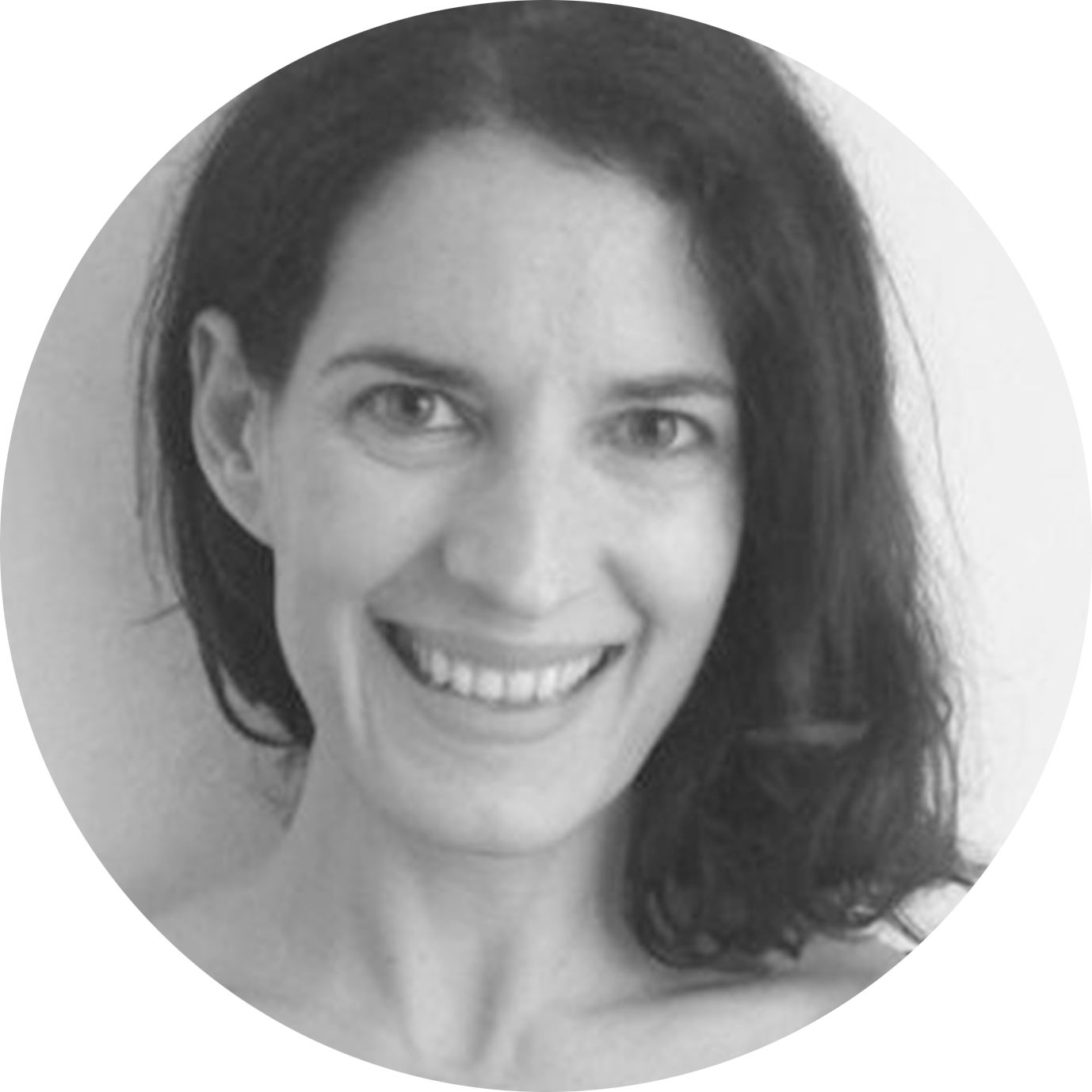
Kyriaki Papageorgiou
has a PhD in Social and Cultural Anthropology, with an emphasis on Science and Technology Studies, from the University of California, Irvine. Her current research draws on anthropological theories and ethnographic methods to critically examine social, technological and business innovation side-by-side. She is particularly interested in the discourses and practices of innovation in tackling big societal challenges, and the emergent role of robotics and AI in transforming work and our daily lives. As the Director of Research at Fusion Point, an initiative between ESADE, the Universitat Politècnica de Catalunya (UPC) and Istituto Europeo di Design (IED), Kyriaki leads a collaborative research program on prototyping the future of education that is challenge-driven, multidisciplinary, experiential, experimental, socially relevant and impactful. Kyriaki joined ESADE in the spring of 2014 as a Senior Researcher and Marie Curie Fellow. She is the author of “Labs for Social Innovation,” a project funded by the Bosch Foundation. She has been a Visiting Research Fellow with the Program on Science, Technology & Society at the Harvard Kennedy School, a Research & Innovation Coordinator at the Delegation of the European Union in Egypt and a Fulbright Scholar. She is the recipient of numerous research grants from competitive funding agencies such as the US National Science Foundation (NSF), the EU Framework Program for Research and Innovation (FP7, H2020), the Wenner-Gren Foundation and UNESCO. She has served as an independent expert to the EC Directorate for Research and Innovation, Egypt's Ministry of Scientific Research and the Canadian International Development Research Center.

Enisa Musai
(Project Manager)
is EMUNI's Project Manager and Head of External Affairs. She has a Master of Science in European Integration and Development from Vrije University in Brussels and BA in International Relations from State University of New York, USA. Ms. Musai has over 6 years of experience working in Higher Education Institutions in managing international funded projects, building student recruitment and public relation strategies. Currently she is involved in the implementation of projects focused on a wide range key priorities issues in EU/Middle East/Mediterranean from research and innovation, cooperation of staff and students’ exchanges, as well as coordinating a Network with over 140 EU and Southern Mediterranean universities.
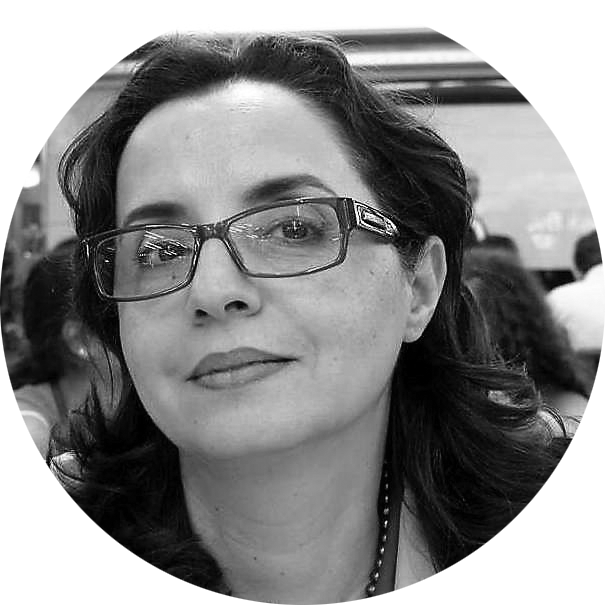
Amel Hamza-Chaffai
was born in Sfax in August 25, 1965. Her education has included an Engineering diploma in Food Science and Technology (1988), a Master Degree in food analysis (1990), a PhD in Biology Engineering (1993), and an Accreditation to supervise Research in Marine Ecotoxicology, (1999). She is now full professor at Sfax University and also invited Professor at Akita University (Japan), University Tecknology (Malaysia) and different French Universities (Le Havre, Le Mans, and Caen). In 2007 she published an online course “Zoology of Invertebrates”. In the same year she received the presidential award of education and science. During 30 years, her main research focus was about marine pollution biomonitoring, biomarkers, endocrine disruptors, and pollution and cancer diseases. She has managed 3 national and 9 international research projects. She published more than 78 peer-reviewed scientific articles. Pr Hamza-Chaffai was involved in different European programs FP7 IRSES PEOPLE (as partner), EARANET-MED, PRIMA, MSCA-IF(evaluator) and ERASMUS+ (External Advisory Board). She was also trained in the field of Research management (Academy of Science Malaysia) and E- learning (University of Georgia). After an intensive training about Entrepreneurship in life science held at Massachusetts Institute of Technology, she implemented different training sessions about “turning ideas into business”, Combining hard skills and soft skills. She is the designer of a regional museum of marine Science, and also actively involved in environmental education, ocean literacy and public awareness programs. She was recently selected as a member of the Tunisian Academy of Sciences Letters and Arts Beit Al Hikma (https://www.beitalhikma.tn/en/)
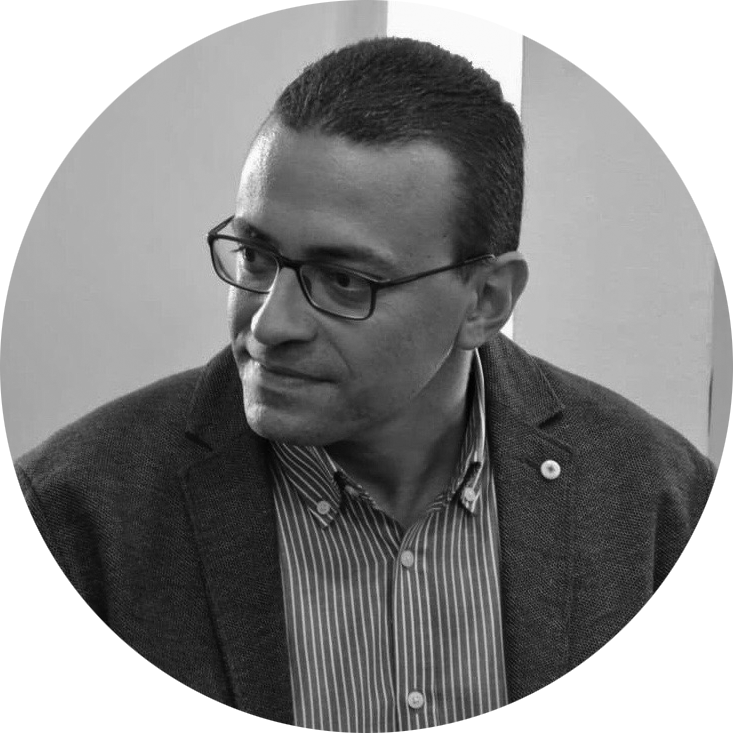
Ahmed Elshazly
is Assistant Professor of Marine Geology and the Deputy Director of the projects Management Unit (PMU) at Alexandria University, Egypt. He has his PhD in 2016 a joint supervision program between Alexandria University, Egypt and University of Sassari, Italy. Ahmed has several publications in the fields of Marine Science, Climate Change, Marine Management, Blue Growth, and more. He was the national representative of Egypt in the 1 st Global Planning Meeting for the UN Decade of Ocean Sciences for Sustainable Development. He is Ocean Ambassador of International Ocean Institute (IOI, Malta). He had a position of a Visiting Professor in Bologna University (UNIBO), Italy in 2017, and currently he is an Adjunct Faculty at the University of Science and Technology at Zewail City. He is a coordinator of several research and capacity building projects funded by national and international funding bodies. He has attended many trainings and workshops and conducted several mobilities for teaching and training in the Euro-Mediterranean Universities. He has a great experience in civil work and students’ activities, he was the coordinator of the student’s activities in the Faculty of Science throughout several years. Ahmed is a Certified Trainer, AT level, from the International Board of Certified Trainers (IBCT).
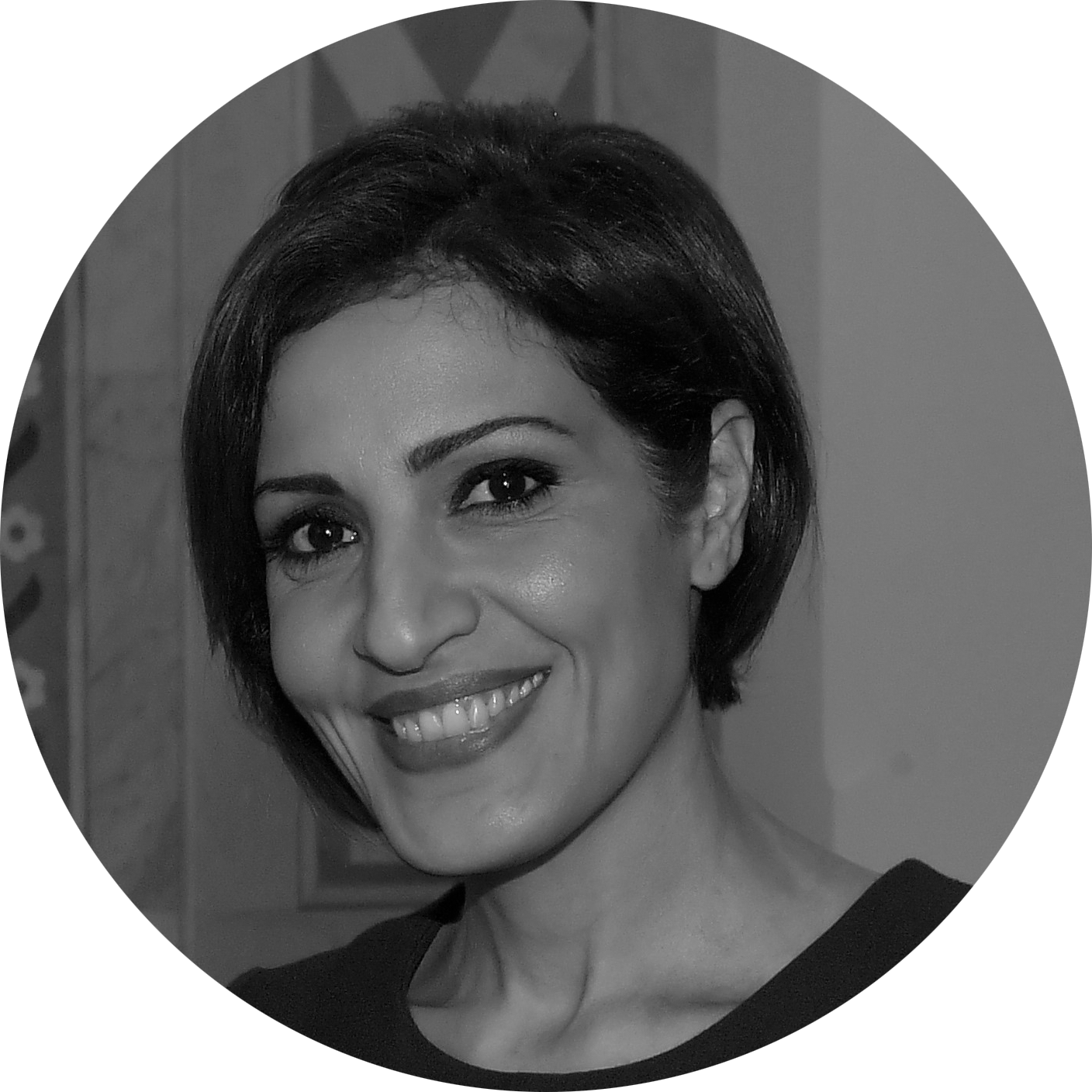
Tamara Elzein
Lebanese scientist in the field of material science, is currently Research director at the Lebanese National Council for Scientific Research CNRS-L, and Director of the National Doctoral Fellowships Program. Within her current tasks, she has the responsibility of developing and implementing the national strategy for doctoral studies in coordination with local universities and international partners. She is involved in various programs dealing with strategic planning of scientific research in Lebanon and with international cooperation. She serves as a member of the French-Lebanese committee of PHC CEDRE program (Cooperation for the Evaluation and Development of Research). Also, she has been appointed, since 2016, by the Agence Universitaire de la Francophonie (AUF) as member of its international scientific board, and she’s currently the president of the AUF regional commission of experts (Middle-East Regional Direction). In 2019, with the support of UNESCO, she worked on the establishment of the national observatory for Women in Research “DAWReK’n”, of which she’s the head. Immediately, after receiving her PhD (2002) in physical chemistry from the University of Haute Alsace (2002), she worked for ten years as a full-time associate professor in France (Maître de Conférences, 2003-2013). End of 2013, she returned to Lebanon and joined the Lebanese Atomic Energy Commission of CNRS-L to develop research on "new materials for radioactive decontamination" and for which she has attracted several local and international funding programs (IAEA, PHC CEDRE, CNRS-L…). Her scientific activities were subject of two international patents and more than 50 papers and abstracts. In 2016, she was awarded the “L'OREAL-UNESCO for Women in Science” regional fellowship for Levant and Egypt, in addition to a recognition Award of “Lebanese pioneer women” by the “National Initiative for the Centennial of Greater Lebanon”. In 2017 she was awarded the «L’OREAL-UNESCO for Women in Science» International Rising Talent prize.
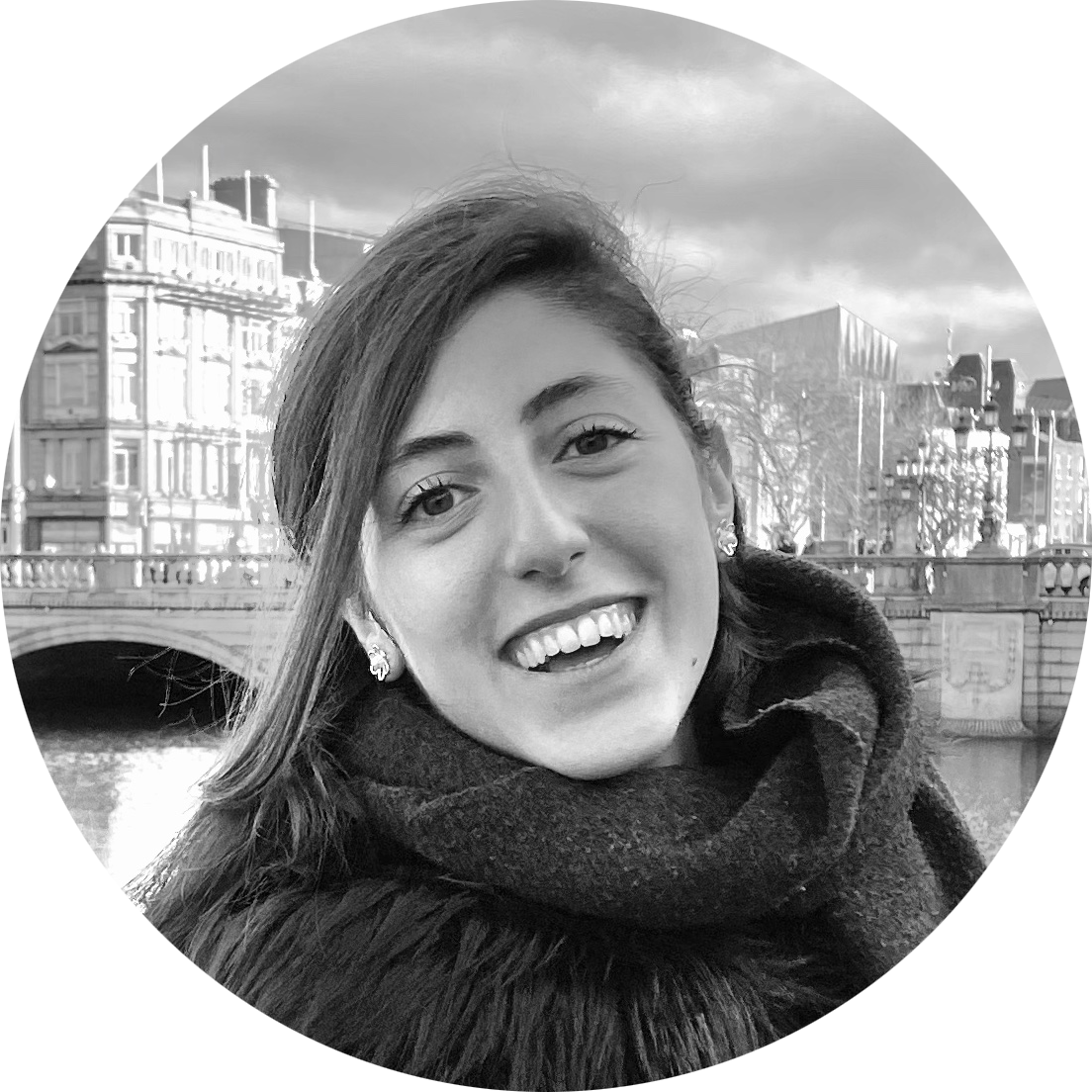
Lydia Dionis Giordano
International Relations student at Blanquerna School of Communication and International Relations and member of the Blanquerna Observatory on Media, Religion and Culture. Nowadays I am coordinating the Global Leadership Network for youth in Spain, our main goal is to provide tools and knowledge to all young leaders in order to help them develop themselves and become better leaders in their areas of influence. I am also leading a campaign called #BeTheKey which has been created to fight against hate speech, to raise awareness among the population of this social injustice, as well as to empower citizens to fight against it. It highlights that everyone, especially youth, could be the key for change, from preventing prejudices to improving understanding and knowledge about several cultures."
